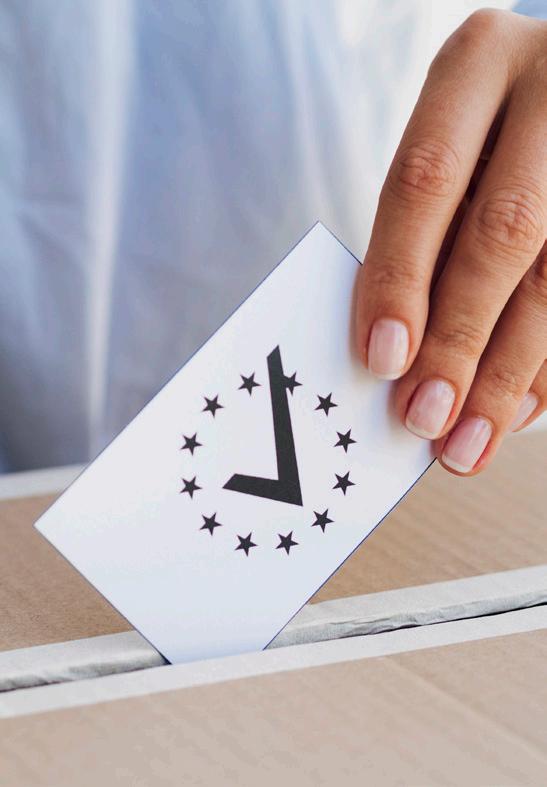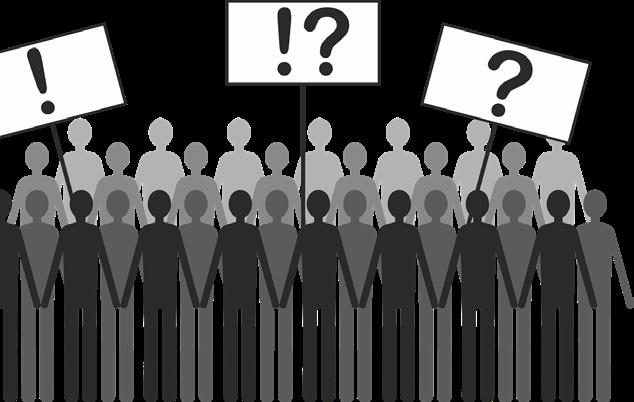
1 minute read
DEMOCRACY; COZY BUT COSTLY
By Omar Mohammed
The essence of every definition of democracy is the concept of popular, regular, and free and fair elections. Liberal democracy ideally safeguards individual liberties and their rights, that guarantee all the benefits of democracy, including accountable and legitimate governance, freedom of expression, and popular sovereignty.
Advertisement

it was free and fair elections. In some cases, disputes have evolved into full scale conflict such as the ongoing civil war in South Sudan.
Ethiopia is an example, where the months-long brutal civil war in the north was instigated by the decision to delay general parliamentary elections planned to take place in 2020, but the ruling party chose to reschedule it into the next year. The leaders of the northern Tigray region, however, disputed the decision and stayed with initial plans. Later, the federal government interfered with full force and removed them from power. This was the start of a devastating civil war between the two that left hundreds of thousands dead and many others internally displaced. In neighboring Kenya, the post-election violence in the year 2007 killed thousands and displaced many more from their homes and farms.
Other African nations with similar elections related to unrest and violent confrontations include but not limited to Burundi in 2020, Somalia 2021/22, Congo in 2018, Côte d’Ivoire in 2011/2020’, South Sudan in 2013, Republic of Sudan from 2013, and Central African Republic 2012. Though these nations may have obvious differences, in what really affects the elections to be problematic and their effects, but all have an intense postelection fighting triggered by how the election processes got managed.
On the other hand, democracy and particularly holding general elections for various governmental bodies regularly proved to be exceptionally costly.
Alarmingly, these nations already suffer tight government spending and competing priorities that compel these nations to seek foreign support to finance their budget holes. What often makes it costly arise from running complex electoral bodies and works, printing ballot papers usually from outside sources.
Furthermore, running nation-wide campaigns, parties may turn to foreign powers and investors with the expectation that they get access to powers and economic opportunities should their candidate wins.
The bottom line here is, Africa to embrace a meaningful democratic change will need to rethink cost effective modalities that are globally acceptable but fundamentally accept local traditions, systems, and social settings. Lock of transparency and inclusivity are always cited as major triggers of election deadlock, and that can not be solved by complicating the voting systems with investing unnecessary funds that would otherwise be used for services and production sectors.










